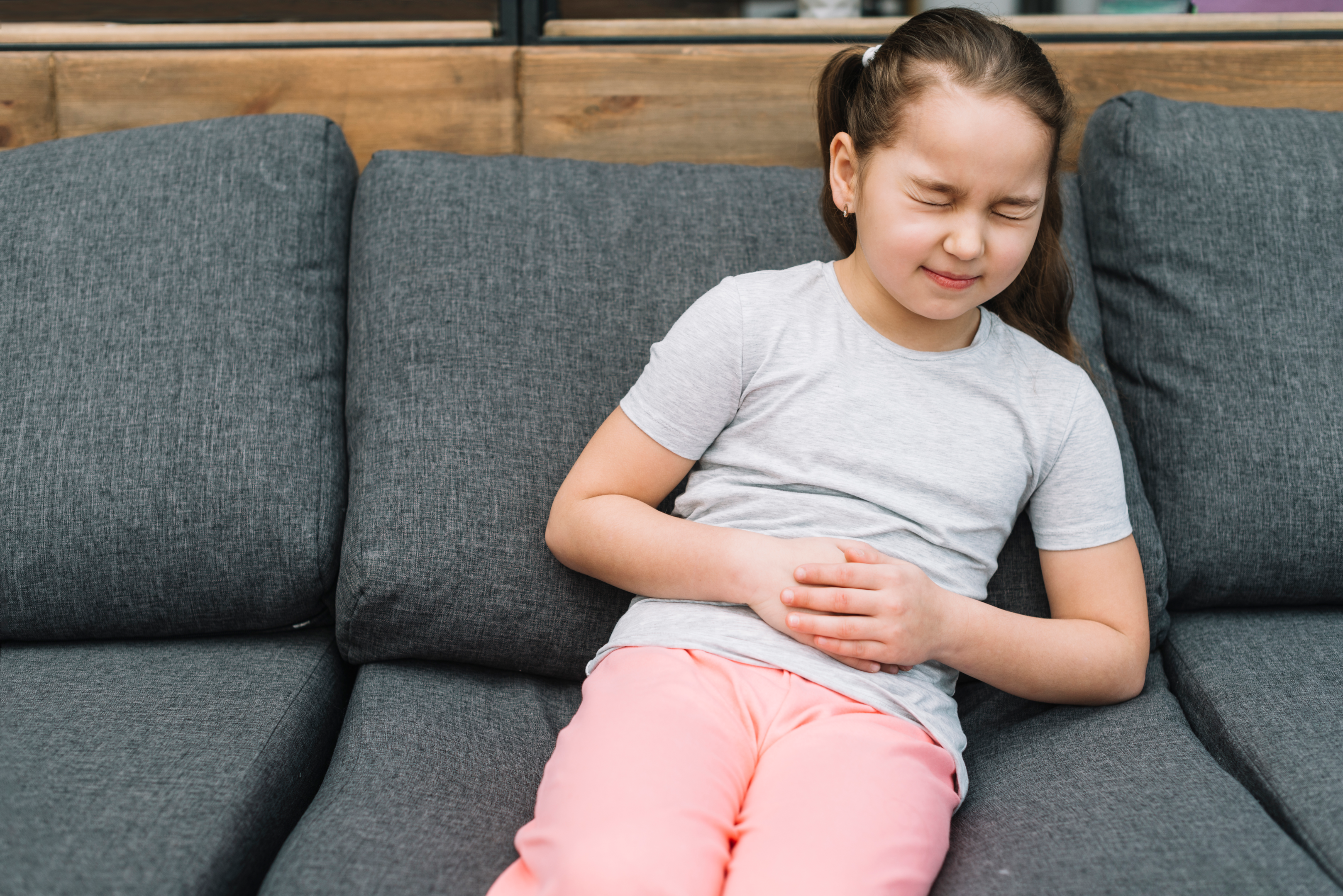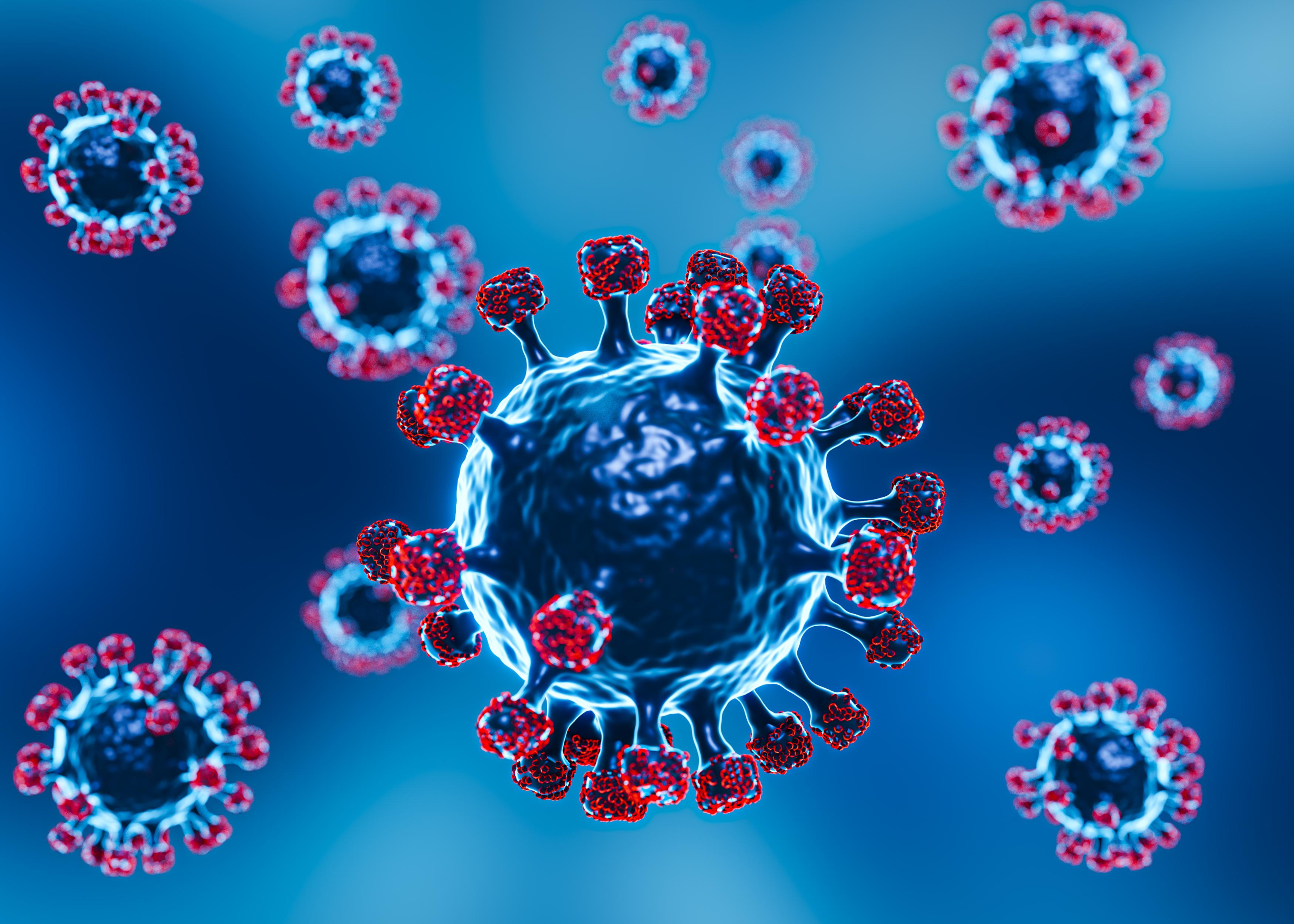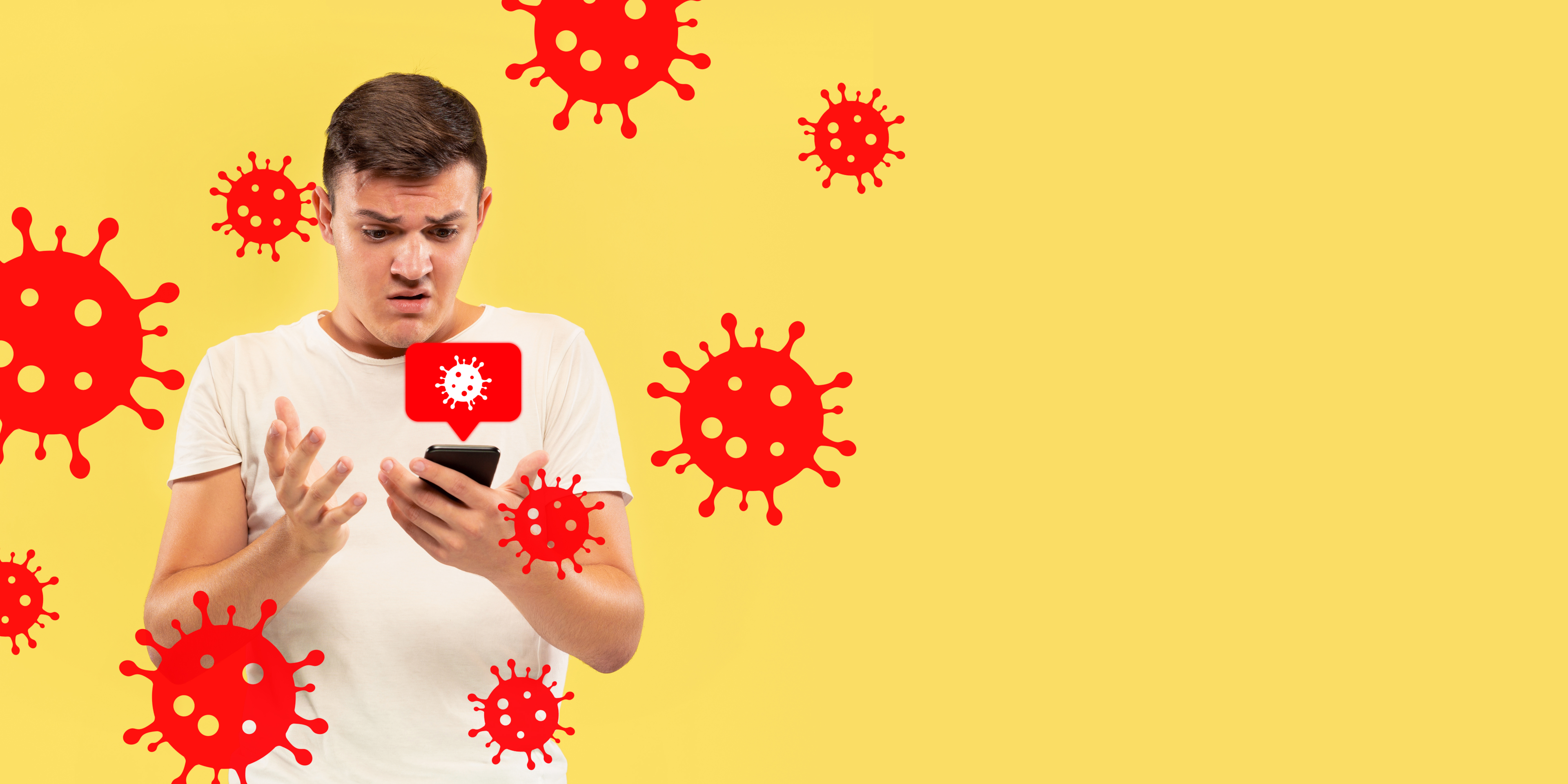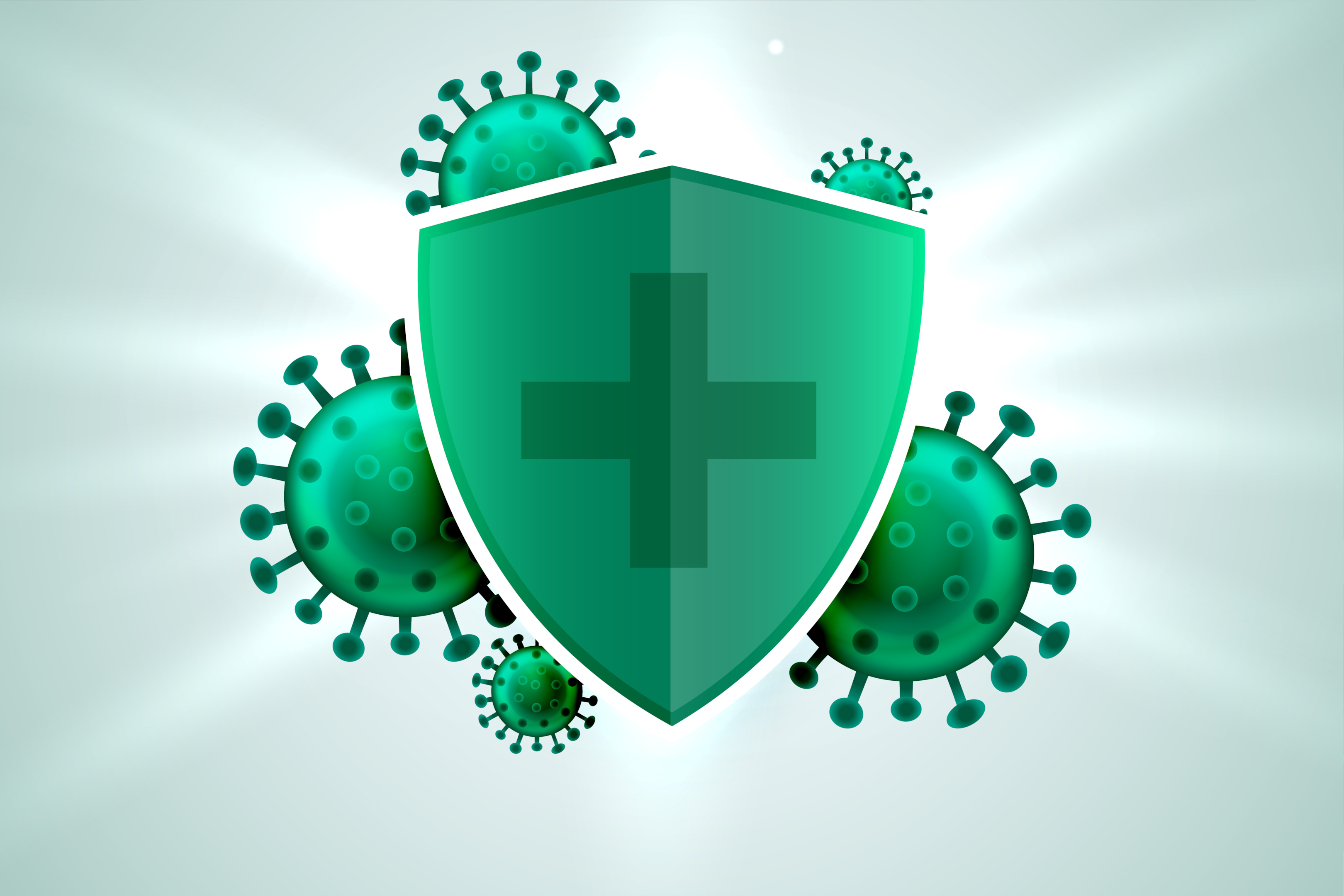Is there a stomach bug going around right now in the UK?


Everything you need to know about the Norovirus infection, the so-called 'winter vomiting bug'.

The term 'stomach bug' or stomach flu is used for the inflammation and irritation in the digestive system. The proper medical term for this phenomenon is gastroenteritis. It could be due to bacteria and viruses, and contaminated food and water have an important role in spreading disease.
Although these issues exist throughout the year, sometimes there are seasonal outbreaks and epidemics. Is there any stomach bug going on in the UK, right now? How do you know if there is any such issue, and what do you need to do?
Let me summarise some important facts about the so-called 'stomach bug'.
Although various stomach bugs are reported, the so-called 'winter bug' caused by norovirus has been gaining importance in recent years. It was also reported at lower levels in the pre-COVID period and during the pandemic. It is an endemic viral infection worldwide; presently, no vaccine is available against it.
Its activity has increased particularly during the winter months (that's why it is sometimes called winter vomiting). What is the reason? Various studies have provided the answers.

The norovirus can spread rapidly in communities, so outbreaks are very common in congested settings due to close contact between individuals, e.g., at nurseries, homes, hospitals, schools etc. Although it is named a winter bug due to its high prevalence in the winter months, you can get it anytime.
Several studies have confirmed the increased activity of Rotavirus, Norovirus and other viruses in the digestive system due to the COVID-19 pandemic. For example;
A report published by Farah Yasmin and her colleagues in 2022 noted that a Norovirus outbreak is gaining momentum due to the exhaustion of the healthcare system caused by the COVID-19 outbreak. They noted that the emergence of this virus posed serious public health and socioeconomic issues and recommended an integrated approach to handle this issue. The Journal of Medical Virology published the report.
Research published in the BMC Medicine in 2021 also noted a resurgence of Norovirus symptoms in 2021-22. It attributed it to the relaxation of the non-pharmaceutical interventions caused by the COVID-19 restrictions. The study noted that if the contact patterns of the adults return to the previous 80%, the incidence rate of norovirus will also return to the previous normal.
A recent study published in the Emerging Infectious diseases in 2022 noted that implementing the COVID-19 control restrictions reduced the spread of norovirus. However, with the easing of restrictions, the activities of norovirus and the other digestive virus (Rotavirus) are increasing and returning to the pre-COVID levels.
Read more: What causes a change in bowel habits?
Everyone can get the norovirus regardless of health status, gender and age. People having a natural infection will develop natural immunity. As this immunity is short-lived, you can get more infections in your life. For most people, norovirus causes a milder but unpleasant disease with a full recovery in 1-2 days.

It can, however, become more severe and prolonged for the more susceptible people, e.g., older people, babies and people with weak immune systems. Due to its contagious nature, the virus can be spread easily from one person to the other. Besides unclean and contaminated food and water, you can also acquire it by touching contaminated surfaces, e.g., cutlery, door handles etc.
The virus causes gastroenteritis with noticeable signs. The intensity of the disease and signs and symptoms vary from person to person. Most of the symptoms have a rapid onset and include;
Server watery diarrhoea
Projectile vomiting
Stomach pain
Body aches
Nausea (the only sign in the milder cases)
Fever (low grade)
Abdominal cramps
Headache, aching arms
The incubation period (the time taken by the virus from entry into the body to the development of signs of disease) of the virus is relatively short and is just 12-48 hours. These symptoms are common with many digestive system diseases, so you should go for testing to confirm the cause.
Read more: How to get rid of indigestion?
No matter how unpleasant it is, it is a short-lived disease, and you can expect most signs to subside within 1-2 days. However, diarrhoea can linger for some more time. The duration can become prolonged if secondary bacterial and viral infections complicate it.
Suppose you have the symptoms and suspect the norovirus. In that case, you should seek medical help, but avoid visiting relatives, friends, educational institutions, hospitals or other congested areas due to a high risk of spread, particularly to people with poor immunity. You need immediate help if the symptoms linger for more than 2-3 days, the symptoms worsen or are complicated due to other viral or bacterial issues.

A GP will assess your situation and make a proper treatment plan after an accurate diagnosis. Babies, children and older adults quickly become weak and dehydrated and need special care.
As it is a viral issue, no specific treatments are available. The following treatment protocols are used;
Antibiotics will not work and will not kill norovirus. However, they effectively reduce the risk of secondary bacterial infections and are often prescribed by the GP. They also reduce the risk of a more complicated form of infection. However, the physician should prescribe them to avoid unnecessary side effects.
The symptoms are treated accordingly, e.g., NSAIDs are prescribed to treat the fever and reduce the pain. Similarly, the other complications, e.g., diarrhoea etc., are also treated separately.
Diarrhoea is one of the complications of the stomach bug. We have various treatment options available for you. Click here to shop the Welzo Pharmacy.
The most important thing to do is to keep yourself hydrated to replace the fluids lost due to diarrhoea and vomiting. As children are at a higher risk of developing dehydration, a rehydration solution should be included in their diet. If the dehydration has advanced too far, you should go for emergency fluid replacement therapy.
Prevention is always better than treatment. The preventive protocols will protect your health and reduce your chances of catching norovirus. The preventive protocols are particularly important as it is difficult to treat norovirus.

The common guidelines for prevention are;
Practice frequent hand washing, particularly after using the toilet, changing the baby's diaper, preparing or eating food, and before and after taking any medication.
Thoroughly wash and cook any food before eating, particularly fruits, vegetables, shellfish etc.
Avoid any contaminated or potentially contaminated food and dispose of it.
Regularly disinfect and keep clean the surfaces which are touched regularly, e.g., kitchen slabs, washroom surfaces, door handles etc.
If you are nursing someone else who has the Norovirus infection, keep the following points in mind;
Immediately wash and disinfect the area where the infected person had vomited or defecated. The bleach-based agents are highly effective.
Immediately remove and disinfect the contaminated clothing without coming in contact with them.
Keep the patient at home in strict isolation and end the isolation only after at least 2 days of the appearance of symptoms.
Also, keep the patient away from any area having food, e.g., kitchen, freezer etc.
A good practice is to use rubber gloves while handling any suspected material.
Norovirus spreads rapidly through contact with infected people and surfaces contaminated with the virus. Many infected people remain asymptomatic, which means they will spread the virus and contaminate the surfaces and foods without knowing. A study published in the Journal of Epidemiology in 2018 noted that asymptomatic cases form at least 30% of Norovirus cases.

The virus can, however, be transmitted equally after developing clinical signs. So, what do you need to do to curb the spread? Here are some practical tips for you;
Good hygiene protocols for hands are important to curb the spread of norovirus and other bacteria and viruses.
Make a habit of regularly washing your hands thoroughly and frequently with warm water, soap or any commercial hand wash. Hand washing and sensitization are particularly important after using the toilet, in case of any disease episode, before and after eating, after cleaning diarrhoea and vomit and before and after preparing food.
The virus is hard to kill, and the chlorinated compounds kill it. However, alcohol-based sanitisers are less effective in controlling norovirus. A chlorine-based bleach solution at a strength of 1000-5000 ppm (or 5-25 teaspoons of household bleach per gallon) is enough to kill the virus.
You can spread norovirus to the people near you and need to be careful. If you are diagnosed with the stomach bug, here are some guidelines related to basic hygiene for you;
Refrain from trying self-treatment, e.g., antibiotics, which will be ineffective against it.
Watery or bloody diarrhoea and vomiting can cause excessive loss of salts and water from the body, resulting in dehydration. To avoid it, continue to take plenty of fluids regularly. The risk of dehydration is particularly high for people with weak immunity, young children and older adults.
Stay at home, and if you have to work, work from home. Wait to go to your workplace or school (if you are a child) until at least 48 hours have passed since the last symptoms.
It is also advised not to visit the clinic and hospitals and contact the doctor through phone or digital portals.
Also, avoid cooking and helping others prepare food until 48 hours after symptoms end, as the virus spreads rapidly to the infected persons through contaminated food and water.
Wash the contaminated bedding or clothing with chlorinated compound (e.g., bleach) and hot water (at least 60C). Use disposable gloves while handling the contaminated materials.
Use bleach or other chlorinated compounds to disinfect the surfaces, particularly those at high risk of contamination.
Immunity against the Norovirus is short-lived, and the immunity and one strain will not provide immunity against other strains. Therefore, you can get infected and carry norovirus to other people.
A 'stomach bug' refers to any stomach infection causing diarrhoea and other digestive system symptoms. Recently, a stomach bug known as Norovirus has gained importance and is one of the most common. It is a viral infection and causes various symptoms of typical viral gastroenteritis. The preventive protocols, in combination with the symptomatic treatment, are the best courses of action.

Digestive health is a complicated topic, and many issues can be responsible for digestive discomfort. The treatment options depend upon the causes. You may also need the help of health professionals. Click here for online consultation. The page also has a lot of health products available for you that you can buy after consultation.
We also have various stomach and bowel relief products for all ages. These products help you during the sudden onset of severe symptoms. Click here to visit. You may need hospital treatment for more severe infections.
Plus get the inside scoop on our latest content and updates in our monthly newsletter.